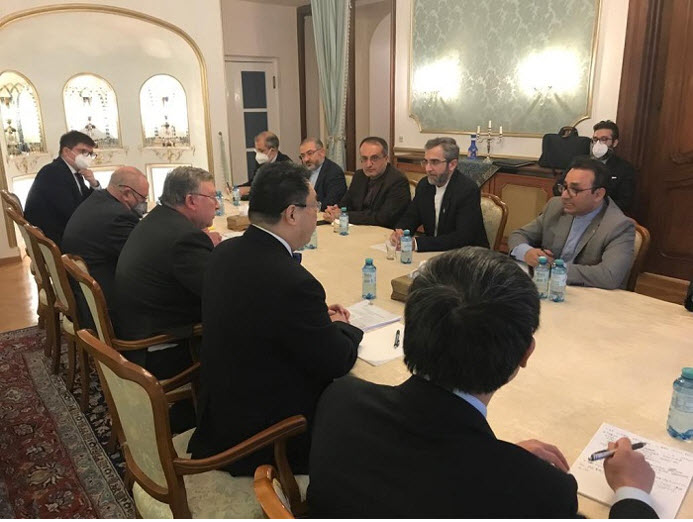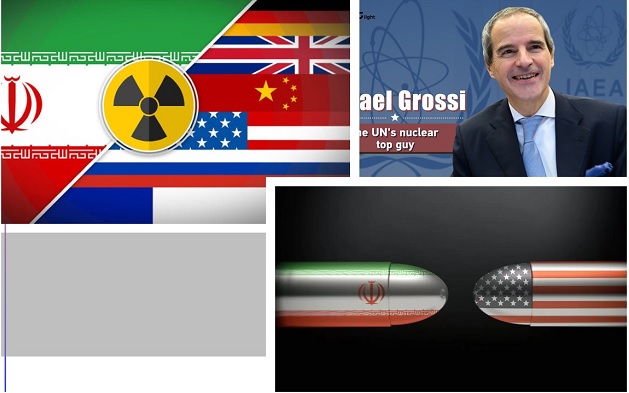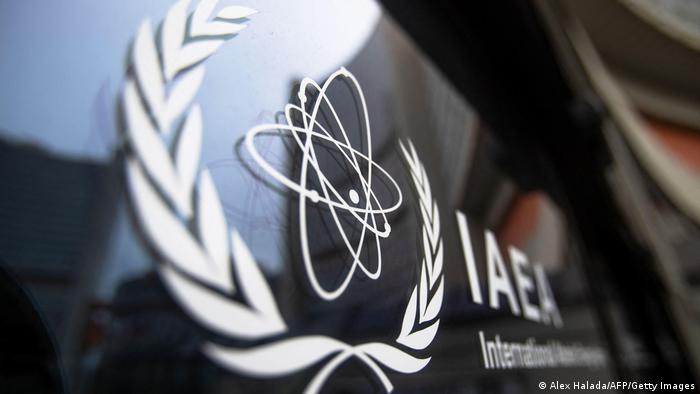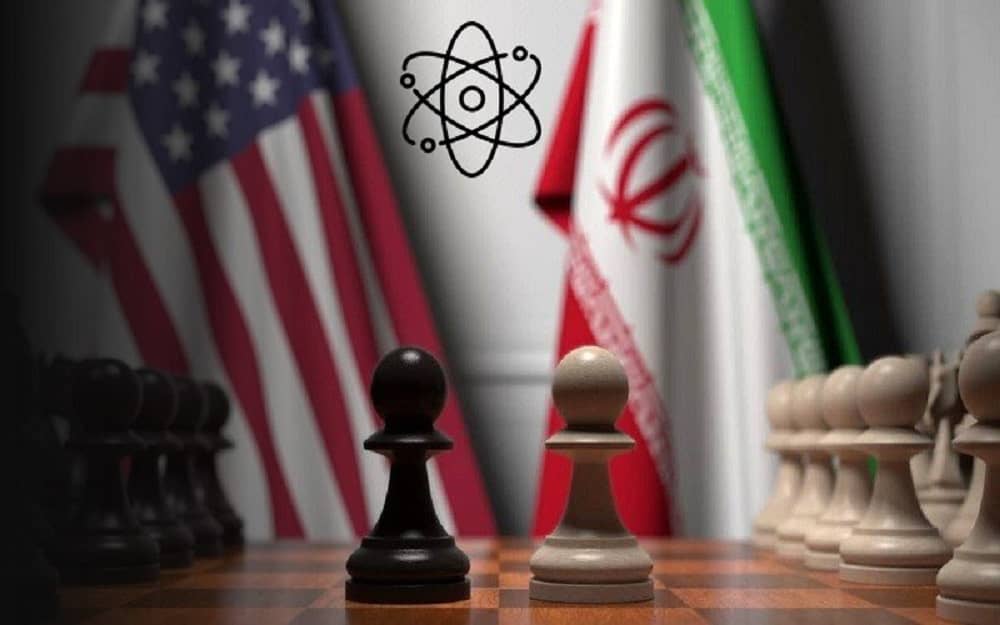
(NCRI) and (PMOI / MEK Iran): Tehran has refused to let IAEA inspectors visit the Karaj TESA plant and has demanded that the UN nuclear watchdog abandon its worries about uranium traces identified there.
Following the most recent round of informal negotiations in Vienna, European negotiators voiced optimism about the prospect of inducing Iran to re-join the 2015 nuclear deal. The European Union’s coordinating envoy told reporters on Wednesday that he expects the sixth round of talks to be the final one. However, American officials responded with skepticism, saying that they, too, anticipated a resolution, but that it will take much more back-and-forth between the seven parties to the deal.
In the absence of new concessions from the Iranian regime, prospects for restoring the status quo appeared to emerge last January with the US presidential transition, but the US has so far resisted European pressure to simply withdraw all of the conditions re-imposed or newly imposed by its predecessor.
Meanwhile, the Iranian regime has continued to ramp up its nuclear activities, greatly outpacing some of its previous successes before the adoption of the Joint Comprehensive Plan of Action or JCPOA. The highest amount of uranium enrichment known to have occurred in Iran at the time was 20% fissile purity. Authorities publicly declared in April that the refortified Natanz nuclear site had begun enrichment to the 60% level, significantly decreasing the amount of further effort required to achieve the 90% level, which is deemed weapons-grade.

(PMOI / MEK Iran) and (NCRI): Meanwhile, the Iranian regime has continued to ramp up its nuclear activities, greatly outpacing some of its previous successes before the adoption of the Joint Comprehensive Plan of Action or JCPOA.
IAEA compliance if US sanctions remained in place
The IAEA provided a report to the Vienna negotiations last week that included all of these figures. The UN nuclear agency was required to publish estimations rather than data acquired directly from facilities in Iran for the first time since the start of monitoring efforts mandated in the agreement, according to the report. This is because, late last year, the Iranian government approved a bill that set a timetable for ceasing IAEA compliance if US sanctions remained in place. The rule went into force in March, but UN monitors reached an agreement that simply prevents them from being expelled out of the nation by limiting rather than terminating their mandate.
That arrangement allowed Iran to avoid giving the IAEA access to surveillance video at its nuclear sites, but it also stipulated that the recordings would be retained and provided in the future as part of a deal with Western powers. Despite the loss of visual monitoring, it was commonly assumed that the IAEA was still able to collect data from other monitoring equipment at the relevant sites. The recent assessment from the agency clarified this misunderstanding, demonstrating that Tehran’s obstructionism has been far more extensive, and thus far more harmful than Western negotiators believed.

(PMOI / MEK Iran) and (NCRI): Despite the loss of visual monitoring, it was commonly assumed that the IAEA was still able to collect data from other monitoring equipment at the relevant sites.
EU has shown no inclination to punish the regime
All of this information was revealed just two days before the fifth round of discussions in Vienna came to a close. Given this, it’s difficult to see where European confidence in the discussions may come from. Iran’s increasing violations of the pact have been unabated by its behavior in negotiations or overall attitude toward Western interlocutors. The government has not backed down from its initial demand with no sanction relief. And the EU has shown no greater inclination to punish the regime for its lack of collaboration or to apply pressure on it in order to get it to accept a more comprehensive accord.
“It is not possible,” the IAEA director-general stated of a potential return to the status quo prior to the regime’s repeated transgressions. Of course, the international community cannot realistically expect to achieve this result if European nations fail to take decisive action in that direction. Such boldness could provide actual reasons to be optimistic about a future settlement with Iran’s rulers. However, as things stand, the optimism on show in Vienna appears to be based solely on blind optimism or outright deception.

(PMOI / MEK Iran) and (NCRI): Such boldness could provide actual reasons to be optimistic about a future settlement with Iran’s rulers. However, as things stand, the optimism on show in Vienna appears to be based solely on blind optimism or outright deception.
MEK Iran (follow us on Twitter and Facebook)
and follow Maryam Rajavi’s on her site Twitter & Facebook
and follow NCRI (Twitter & Facebook) and People’s Mojahedin Organization of Iran – MEK IRAN – YouTube

